Doctors mourn colleague, warn over second wave of COVID-19
By DW
13 November 2020 |
11:00 am
Doctors mourn colleague, warn over a second wave of COVID-19
Related
Related
30 Mar
French Prime Minister Gabriel Attal signals a further tightening of unemployment benefits as France seeks to reduce an unexpectedly large budget deficit. Meanwhile, the government rules out new taxes, despite calls from French lawmakers to tax corporate windfalls and share buybacks. We take a closer look in this edition.
30 Mar
Members of St. Francis Catholic Church reenact the Stations of the Cross, suffering and death of Jesus during Holy Friday in Ikeja, Lagos, Nigeria.
10 Apr
Nigeria has begun the rollout of the MenFive vaccine in high-risk areas, securing millions of doses to protect children from all five strains of meningitis. The potentially fatal disease poses a grave threat to young children globally, with sub-Saharan Africa being particularly vulnerable to it.
13 Apr
Nigeria's government says the rise will only affect 1.5 million consumers, mostly manufacturers. But analysts believe the hike will lead to higher inflation and result in job losses and closures of businesses.
12 Apr
A decade on, the world has largely forgotten about the Chibok girls, who were kidnapped by Nigeria's Boko Haram Islamist militants. But for victims and their families, like Solomon Maina, who is still waiting for news about his daughter, the tragedy is ongoing.
4 days ago
Here's what's been making the business headlines in sub-Saharan Africa this week.
Latest
2 hours ago
Thirty years ago, more than 800,000 people were killed during the genocide of the Tutsis in Rwanda. Among them were several dozen members of Dafroza Gauthier's family. A few months later, the young woman and her French husband decided to track down those suspected of taking part in the mass slaughter who had taken refuge in France. Journalists Thomas Zribi and Stéphane Jobert followed the Franco-Rwandan couple in their quest for justice. They bring us this special 52-minute documentary.
2 hours ago
Inflation in Germany has fallen to its lowest level since before Russia invaded Ukraine. Food prices fell for the first time in more than 9 years, figures show, with energy prices dropping even further.
6 hours ago
Kenya's military chief Gen. Francis Ogolla, was among 10 people killed in a helicopter crash in the Cheptulel area of Kenya's Rift Valley region, on Thursday, Kenyan President William Ruto confirmed.
7 hours ago
Viral publications on social media are claiming that Princess Salma of Jordan shot down six Iranian drones late on Saturday. Jordan is the latest target of misinformation following its role in defending Israel against Iran's drone and missile attack. We explain in this edition of Truth or Fake.
7 hours ago
Canada's Peel Region police said Wednesday (April 17) that nine people, including Air Canada employees, are facing charges in connection to the $20 million Toronto Pearson airport gold heist that was meticulously carried out exactly one year ago.
1 day ago
Find these stories and much more when you grab a copy of The Guardian on Friday.
×

Get the latest news delivered straight to your inbox every day of the week. Stay informed with the Guardian’s leading coverage of Nigerian and world news, business, technology and sports.




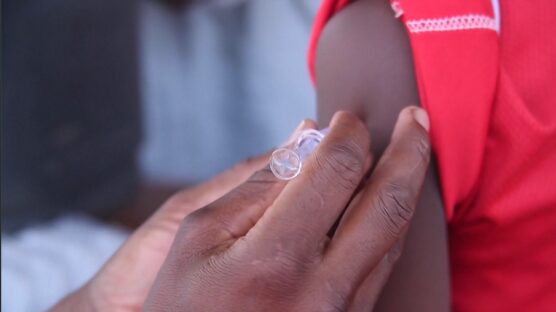
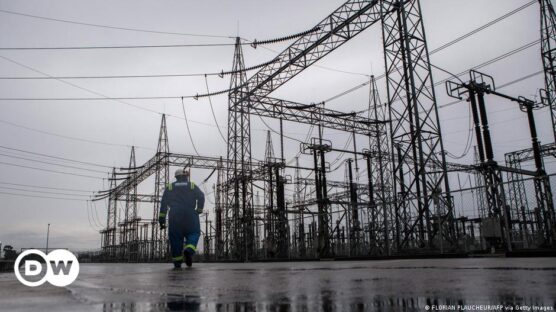
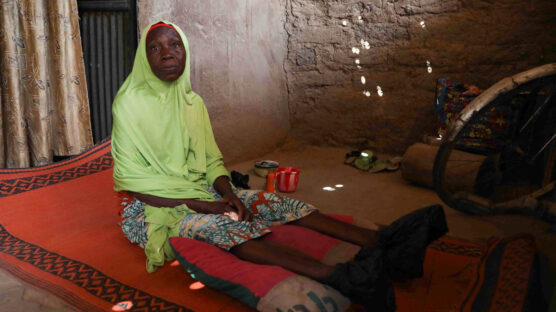





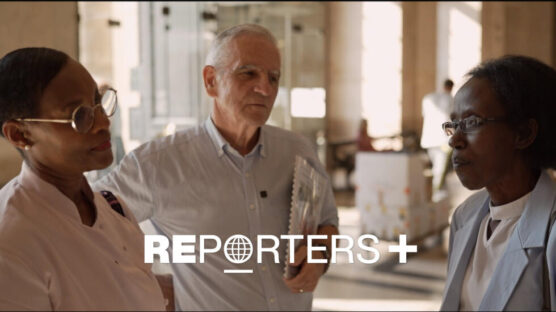
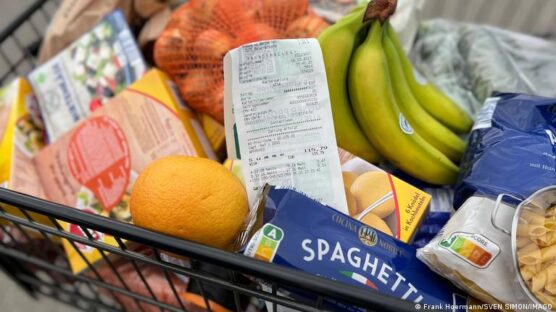




0 Comments
We will review and take appropriate action.